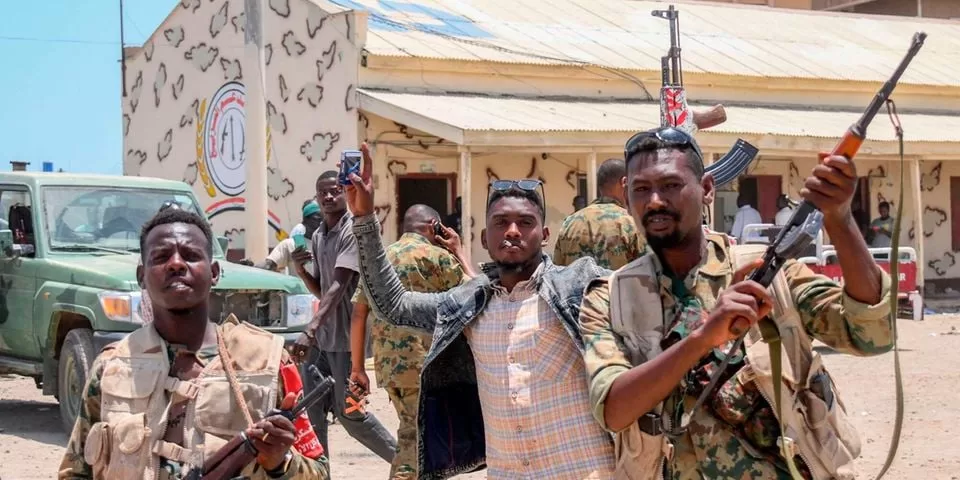EDITORIAL BRIEF: United States has brokered a three-day ceasefire between the Sudanese Armed Forces and the Rapid Support Forces to allow for humanitarian aid and diplomatic missions’ evacuation. The conflict has already caused significant damage and displacement, with over 4,000 people fleeing the country in foreign-organized evacuations. Sudan is on the brink of a humanitarian catastrophe, and the international community must act quickly to prevent the violence from spreading and causing further instability in the region. The three-day ceasefire is a step towards a lasting resolution of the conflict in Sudan.
In the aftermath of 10 days of violent clashes in Sudan, the United States has brokered a three-day ceasefire between the Sudanese Armed Forces (SAF) and the Rapid Support Forces (RSF). The fighting has caused widespread death, injury, and displacement, leading to the mass exodus of foreigners from the country. The aim of the ceasefire is to create safe corridors for humanitarian aid, evacuate diplomatic missions, and initiate dialogue to establish permanent ceasefire modalities.
The conflict is between the loyalists of army chief Abdel Fattah al-Burhan and his former deputy Mohamed Hamdan Daglo. Both generals had ousted the main civilian bloc, the Forces of Freedom and Change, from power in a coup last year. The fighting has left at least 427 people dead and over 3,700 wounded, according to the United Nations. The Secretary-General of the UN, Antonio Guterres, has warned that the violence could spread and engulf the entire region, leading to disastrous consequences.
Sudan has already been grappling with severe shortages of essential supplies such as water, food, medicine, and fuel, while internet and power outages have added to the challenges. The Khartoum airport has been damaged due to the fighting, rendering it inoperable and leading to many foreigners being airlifted from smaller airstrips to neighboring countries. Over 4,000 people have already fled the country in foreign-organised evacuations.
The situation in Sudan is extremely concerning, with the country on the brink of a humanitarian catastrophe. The three-day ceasefire is a much-needed respite for civilians caught in the crossfire, allowing them access to much-needed aid and medical assistance. It also provides an opportunity for dialogue to establish a permanent ceasefire and prevent the violence from spiraling further out of control.
The conflict in Sudan has already had far-reaching consequences, with the potential to cause even more instability and violence if left unresolved. The international community must act swiftly and decisively to support Sudan and ensure that the ceasefire leads to a lasting resolution of the conflict.



